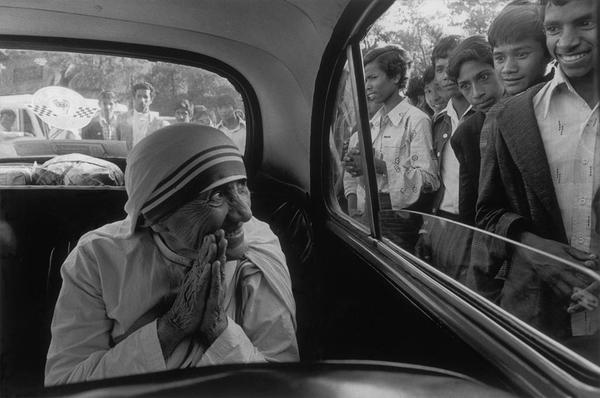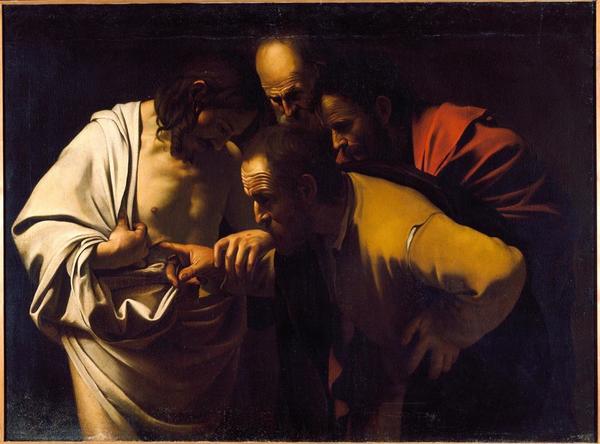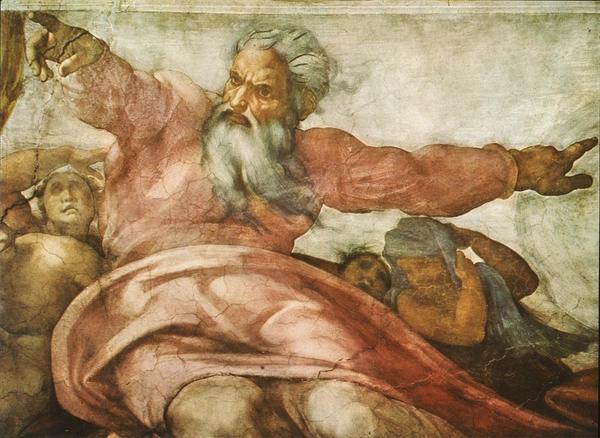Faith and Reason
- Christian Faith and Global Justice
- Faith, Doubt, and Reason
- Perfect God, Imperfect World: The Problem of Evil
Christian Faith and Global Justice

Daniel Groody, C.S.C
Section-16 (CRN 12564) MW 3:00-4:15
We find ourselves at the dawn of a new era of human history, which many refer to as the era of globalization. It is a time of new opportunities and unprecedented potential, but it brings with it new perils and greater social, political, and economic turmoil than ever before.
However one feels about these tides of change, it is clear that this globalization “ship” is in the waters of planet earth and all humanity is on board. Whether it gets shipwrecked on the icebergs of greed, or whether it brings us to a new land of human solidarity depends on which course this ship takes.
The theme of this seminar is that the faith that does justice is the rudder that will lead us in the right direction. Through film, social sciences, and theological reflection, we will seek to understand the world we live in and the frameworks, narratives, images, values, and premises we use to interpret that world. After setting the stage of the reality of our globalized world–and particularly the problem of poverty and the fact that half the world lives on less than two dollars a day and two thirds live in abject poverty–we will do a faith reading of reality by looking at the major Christian themes that have direct bearing on our global reality.
We will draw on scripture, early Christian sources, Catholic social teaching, non-Christian religions, liturgy, contemporary theological reflection, icons of justice, mysticism, and spirituality as we explore what it means to be Christian in a time of titanic change.
Faith, Doubt, and Reason

Mark Roche
Section-27 (CRN 18445) TR 11:00-12:15
The College Seminar on “Faith, Doubt, and Reason” will explore questions of both existential and scholarly interest.
What are the varieties of faith? What obstacles exist to faith? What thoughts and experiences trigger doubt? In what ways do doubt and reason undermine faith? In what ways do they reinforce faith? How might we distinguish and evaluate different forms of reason? By which criteria might we determine the validity of conflicting faith traditions? What roles do faith and doubt play in the diverse disciplines of the College of Arts and Letters? What are the roles of faith, doubt, and reason in the conduct of discussion?
The seminar will explore faith and doubt not only in relation to God and religious questions, but also in relation to one’s sense of self, trust in other persons, belief in institutions, and identification with values and ideas.
The works that will guide our discussions will come from each of the College’s divisions. Readings in the humanities will be taken from such works and authors as Plato, Lessing, Hegel, Kierkegaard, Nietzsche, Weil, Jonas, and John Paul II. Readings from the social sciences will include classical authors such as Freud or Comte as well as contemporary writers. The arts are likely to include a museum visit, a theater performance, and films by directors such as Alfred Hitchcock and Woody Allen.
The course will be student-centered, with considerable focus on discussion. In addition to various writing assignments, the course will include student-led discussions, classroom debates, oral interviews, and oral exams, all of which will be designed to help students develop the capacities to formulate clear questions, listen carefully and attentively, explore ideas through dialogue, argue for and against differing positions, and express their thoughts eloquently and persuasively.
If the course brings as many questions as answers, another course goal, helping students recognize nuance and complexity, will have been met.
Perfect God, Imperfect World

Linda Major
The Problem of Evil: Section-05 (CRN 13897) MW 11:45-1:00
If you could ask God only one question what would it be?
According to a recent survey most people would ask, “why is there so much pain and suffering in the world?” If God is all-good, all-knowing, and all-powerful how does one explain the existence of moral and natural evil in the world?
This course will explore the “Problem of Evil” as treated in theology, philosophy, psychology, literature, and the arts. The course will include readings from Scripture, Plato, Augustine, Peter Abelard, Immanuel Kant, C.G. Jung, Fyodor Dostoevsky, C.S. Lewis, Dorothy L. Sayers, Elie Wiesel and others.
Participants will be encouraged not only to examine how this question has been treated, but also to derive a personal position on the nature of evil, its presence in everyday life, and how best to respond to it. The primary tools for this investigation will be dialectical inquiry and oral presentation.